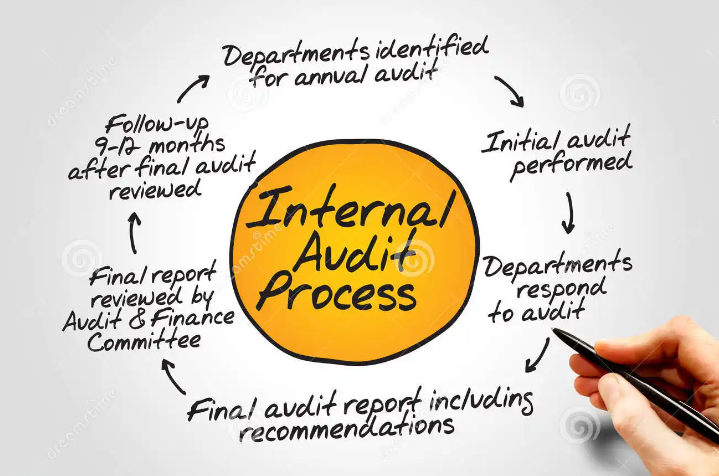Principles of Internal Auditing
INTERNAL AUDIT ACADEMIC ALLIANCE PROGRAM - IAAAPCONTINUING EDUCATION CENTERBUSINESSACCOUNTINGCERTIFICATIONS


Welcome to the Principles of Internal Auditing course offered by the Continuing Education Center at AZM University. This course is designed to provide students with a comprehensive understanding of the theory and practice of internal audits within organizations.
Course Overview
In this course, students will explore how internal auditors add value to a business by supporting the Board of Directors, Audit Committee, and Management in achieving enhanced outcomes and operational efficiency. The course covers fundamental concepts, methodologies, and best practices essential for effective internal auditing.
Key Topics
Definition of Internal Auditing:
· Understand the role and importance of internal auditing within an organization.
· Learn how internal auditing contributes to organizational governance, risk management, and control.
The IIA’s International Professional Practices Framework (IPPF):
· Gain insights into the IPPF, which provides guidelines and standards for internal auditing.
· Explore the core components of the IPPF, including the Code of Ethics, International Standards, and Practice Advisories.
Risk Management:
· Learn about risk assessment and management processes.
· Understand how internal auditors identify and evaluate risks that could impact organizational objectives.
Governance:
· Explore the principles of corporate governance and the role of internal auditing in governance frameworks.
· Examine how internal auditing supports ethical conduct, compliance, and accountability within an organization.
Control:
· Understand the concept of internal controls and their significance in achieving business objectives.
· Learn how to design, implement, and evaluate effective internal controls.
Conducting Internal Audit Engagements:
· Develop skills to plan, execute, and report on internal audit engagements.
· Learn about audit methodologies, data collection techniques, and documentation standards.
· Understand how to communicate audit findings and recommendations to stakeholders effectively.
Learning Outcomes
By the end of this course, students will be able to:
· Define the role and responsibilities of an internal auditor.
· Apply the principles of the IPPF in internal audit activities.
· Conduct risk assessments and develop risk-based audit plans.
· Evaluate and enhance governance and control processes within an organization.
· Execute internal audit engagements from planning to reporting stages.
· Communicate audit results effectively to the Board of Directors, Audit Committee, and Management.
Course Format
· Duration: [30 hours]
· Delivery Method: [Online]
· Assessment: [Quizzes, Assignments, Case Studies, Final Exam]
· Prerequisites: [Intermediate English]
Instructor
Mr. Elie Safar brings extensive experience in the field of internal auditing. With a background in “Internal Auditing”, he will provide practical insights and guidance throughout the course.
Enrollment Information
To enroll in the Principles of Internal Auditing course, please visit our website or contact our admissions office for more details.
Take the first step towards becoming an expert in internal auditing and enhancing your career opportunities with our comprehensive Principles of Internal Auditing course.
